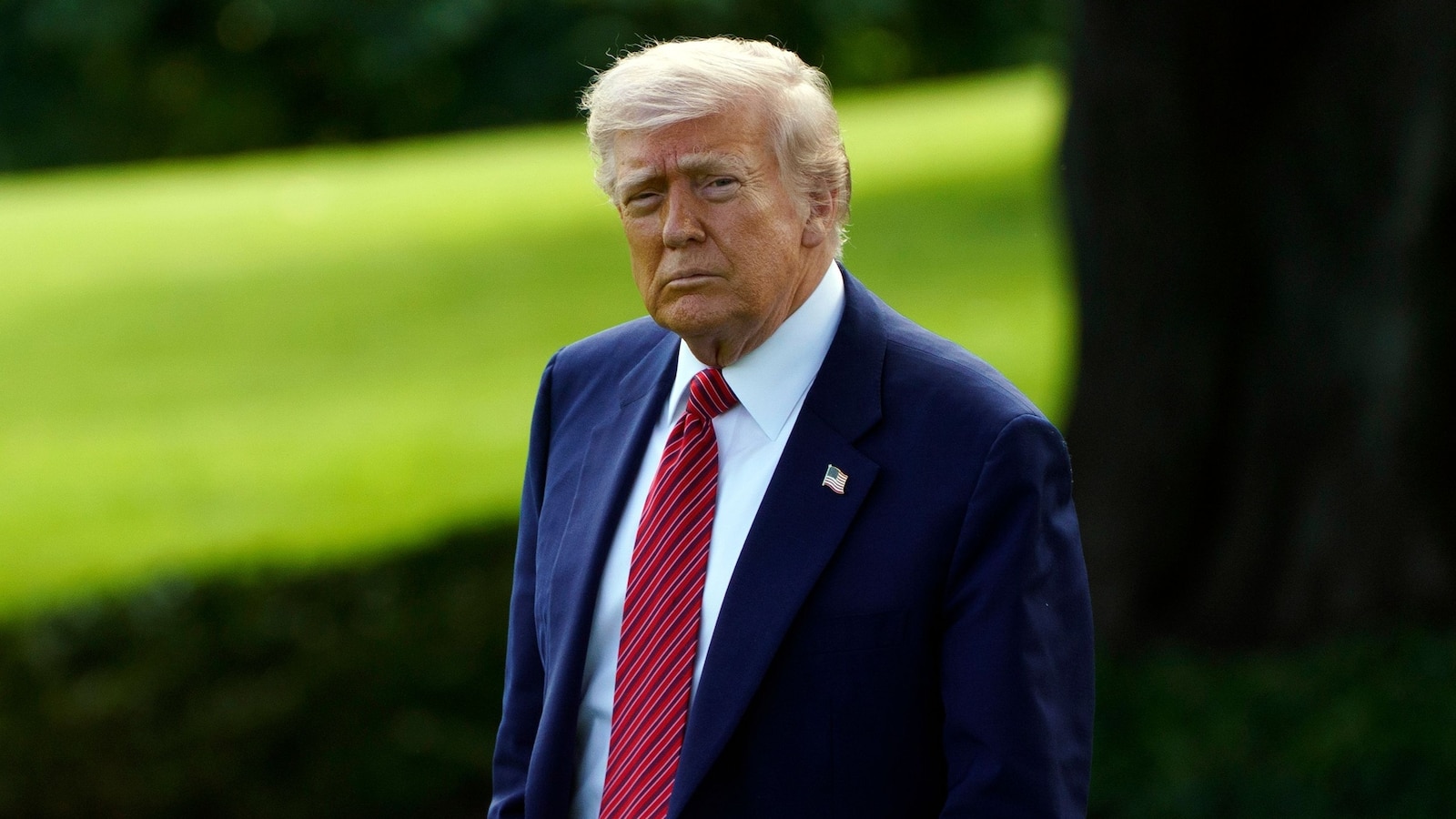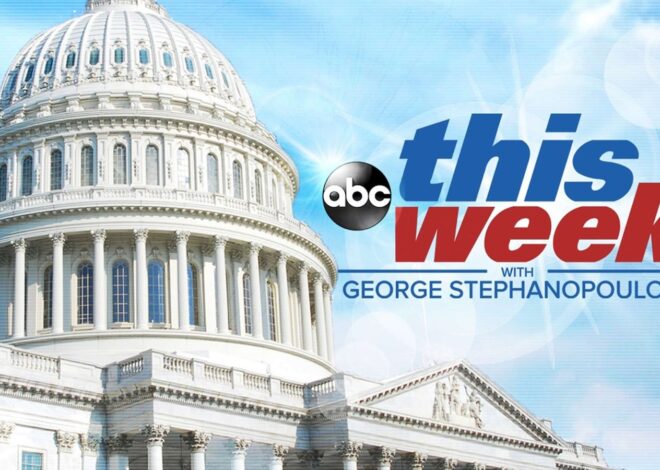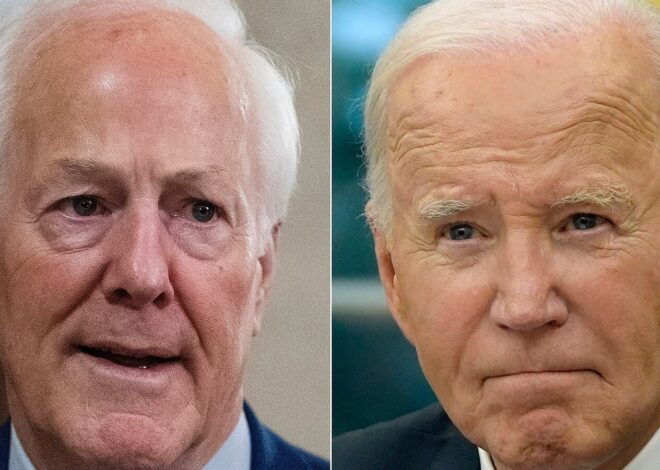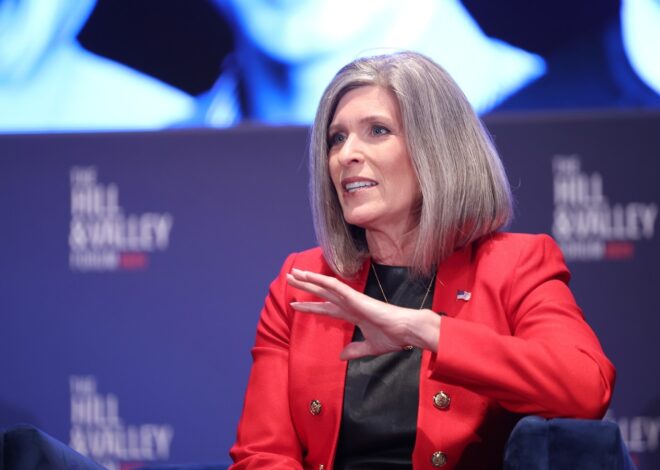
Trump Intensifies Call for Disclosure of Names and Countries of Origin of Harvard’s International Students
Standoff at Harvard: A Tug-of-War Over International Students
Quietly, perhaps unnoticed, a battle unfolds between President Donald Trump and Harvard University-a skirmish that hints at larger undercurrents in American academia and politics. It started with a simple demand: a list of international students at Harvard. Trump, insistent, perhaps driven by a broader agenda, claimed that these students might hail from countries “not at all friendly to the United States.” Yet, Harvard, a bastion of academic freedom, stood its ground.
Trump’s request was framed as reasonable, given the “BILLIONS OF DOLLARS” funneled into the university. Maybe, in his view, it was a fair trade-off. His administration, however, faced a legal barricade-a judge’s temporary restraining order preventing the revocation of Harvard’s ability to enroll these students. The university argued it faced “immediate and irreparable injury” if this certification were lost, and so the legal chess game began.
In another corner of this political board, Homeland Security Secretary Kristi Noem wrote a letter to Harvard. Her words carried a weighty ultimatum: comply with the requests or lose the “privilege” of hosting international scholars. The demands were exhaustive, perhaps overreaching-a deep dive into students’ disciplinary records, known illegal activities, and even their coursework. But isn’t there already a system, a Student and Exchange Visitor Information System (SEVIS), that keeps track of such data?
Perhaps the crux of this confrontation lies deeper. Noem suggested that Harvard could restore its standing if it handed over records swiftly. Yet, Harvard claimed compliance, a “campaign of retribution” from the government in retaliation for its autonomy. The accusations flew: violations of the First Amendment, a challenge to due process, an infringement on academic freedom.
Harvard’s resistance isn’t just about student data; it’s a defense of its governance and values. The university cited previous disputes over its campus policies and governance as the root of the administration’s actions. This clash appears to be about more than just international students-it’s about the right to dictate an institution’s ideological path.
The President, in a move that might seem unexpected, hinted at redirecting $3 billion of federal grants to trade schools. A bold suggestion, perhaps-one that raises questions about the future direction of American education. What message does this send about the value of higher education in a world where political winds shift rapidly?
As these events progress, one can’t help but wonder where this will lead. Harvard has stood as a beacon of academic excellence, but how does it navigate the political pressures that challenge its foundational beliefs? This isn’t just a confrontation between a university and a government-it’s a broader dialogue about the future of academia, the boundaries of government influence, and the evolving landscape of international education.
In a world that thrives on information and cross-cultural exchange, what precedent does this set? As these questions linger, the narrative continues to unfold, each chapter bringing with it a new layer of complexity. Who knows what the next move will be? For now, we watch and wait, as the story of Harvard and its international students continues to evolve.
For further context, you might want to check out ABC News for more insights into the ongoing situation.



